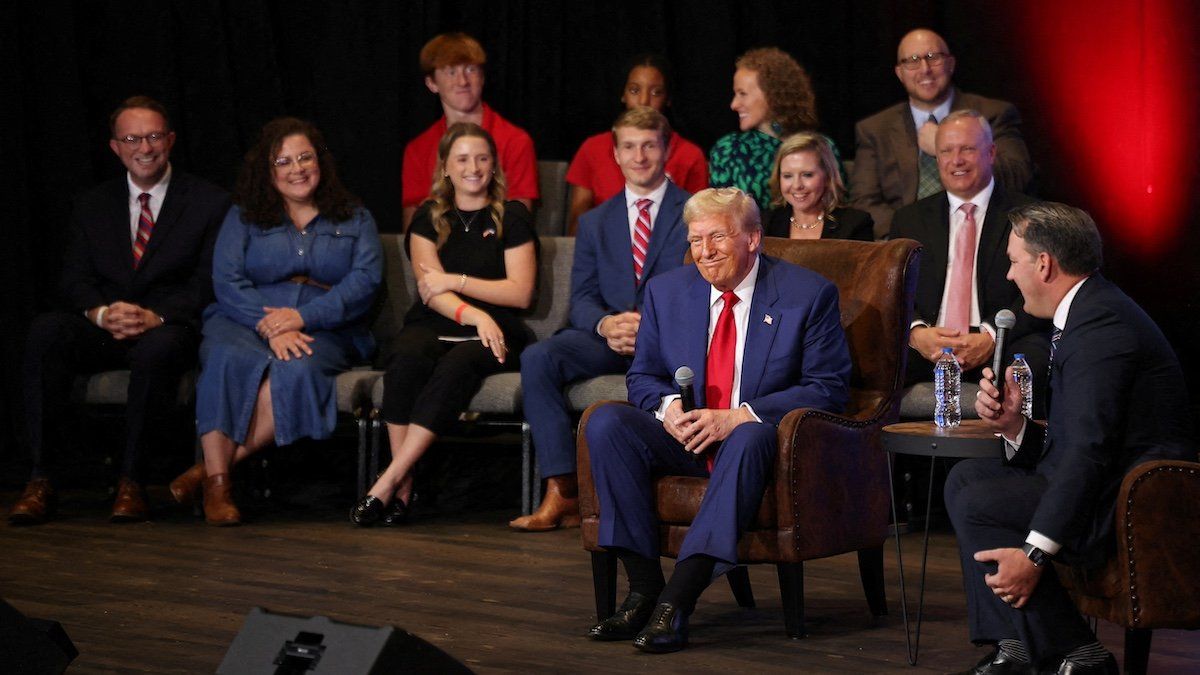Donald Trump’s campaign has accused Britain’s Labour Party of “blatant” interference in the US election after volunteers from the party traveled to the US to campaign for his opponent, Kamala Harris.
Campaigning while foreign isn’t necessarily illegal, but the Trump campaign’s complaint with US election authorities suggests the Labour Party funded the travel, which would be unlawful. A LinkedIn post by a Labour Party organizer had promised to “sort” (read: pay) for the volunteers’ “housing.”
This isn’t new. British volunteers have often campaigned in the US, with Labour supporting Democratic candidates, and Tories traveling for Republicans. Former UK PM Liz Truss has stumped for Trump in the US, as has far-right Reform Party leader Nigel Farage.
The incident raises two issues. First, if Trump wins, it could irritate relations between his White House and the UK’s current Labour government. Prime Minister Keir Starmer doesn’t think so, but Trump could well remember it.
But second, what’s “election interference” anyway? Beyond directly altering vote tallies or hacking the campaigns, are there gray areas between free speech and malicious meddling? Does posting polarizing lies about the candidates constitute “interference”? Is it only a problem if it comes from abroad? And how about the outsized impact of billionaires on our politics or the perception that media bias – on airwaves or algorithms – is its own form of tipping the scales?
This is something we’ll look at closely in the final days of the race – but first we want to hear from you: How would you define “election interference” and what would you do to stop it? Let us know here.
